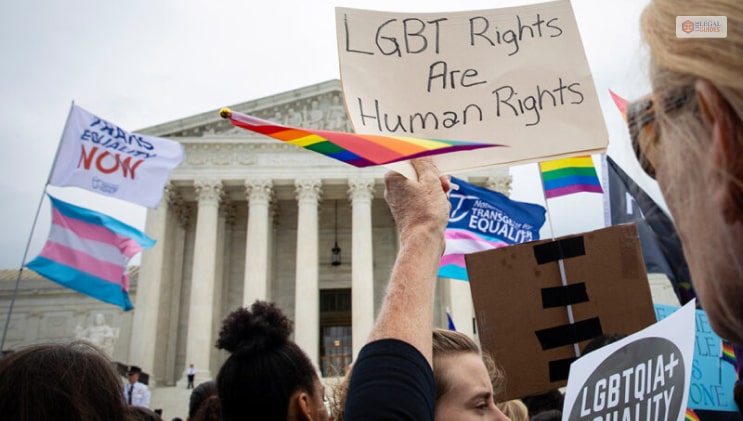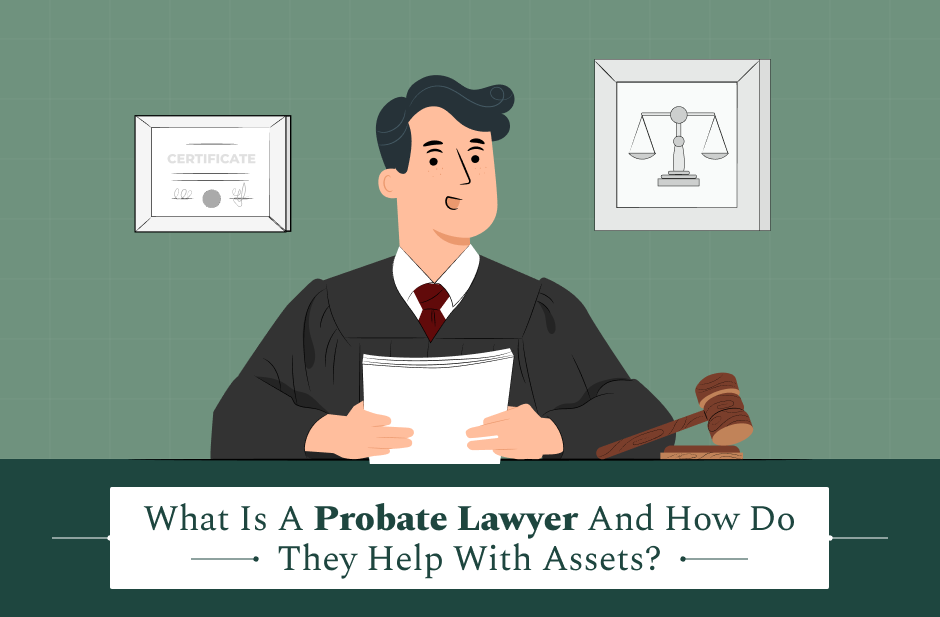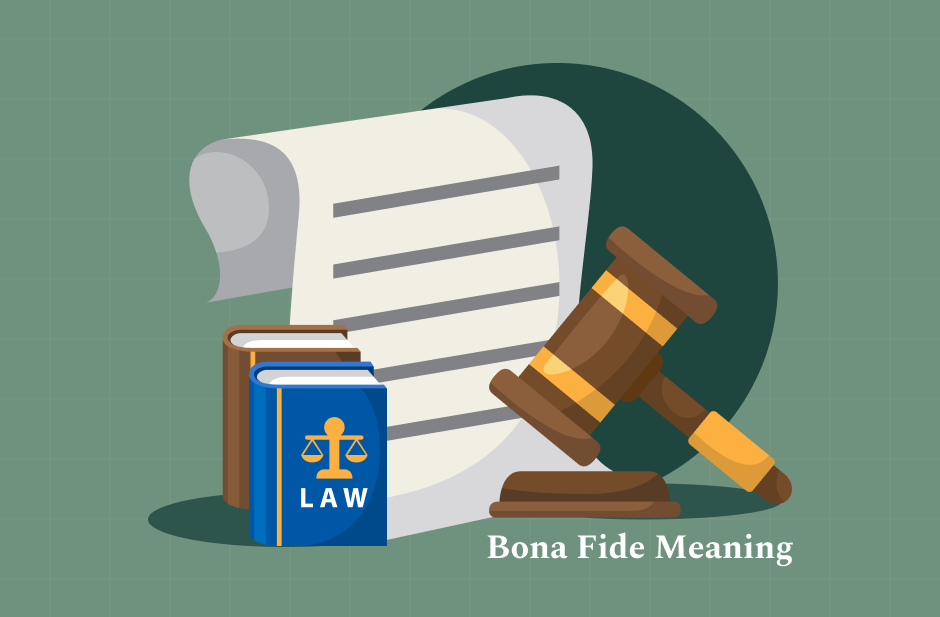Do you remember the bully “Regina George” from the popular comedy film “Mean Girls”?
Stephen King’s Horror Fiction, “It” gives us a general idea of what bullying can be like.
What if I told you that your government has the means to protect you from such bullies in your educational institutions, workplaces, and public, especially if the bullying is bordering harassment?
In order to identify anti-bullying laws for your problem, you must first identify your circumstance and the laws applicable to it.
Answering: What Is Bullying?

Bullying(Hazing/Harrowing/Teasing) can be identified as unwanted behavior characterized by aggression. Such behavior tends to be repeated. It is a common occurrence among school children or educational institutions. It aims to establish a perceived power dynamic where the bullies enjoy a sense of superiority.
Kids who are bullied and bully others have been noted to have behavioral and mental health issues for a long period of their life later on. In order to identify bullying, you must note if there is
1. Power Imbalance
Kids with a larger or stronger physique often tend to insert their power over the apparently weaker ones. Appearances not sticking to social norms are often called out on.
2. Repetition Of The Behavior
Repetitive aggressive, and unwanted behavior is considered to be bullying.
3. Bullying Can Be Physical, Mental, And Even Visual
This may include hitting, restraining, shoving, taunting, threatening, etc.
4. Discriminatory Practices Are Bullying, Too
Discrimination faced on the grounds of race, religion, or gender is bullying.
5. Bullying Is Not A Fun Pass Time
Repeated aggressive behavior has been shown to cause mental health issues in young individuals who were bullied while growing up. Most bullies fail to understand the depth of the problem they are causing.
Types Of Bullying

Here are the different types of bullying that you should know about.
1. Verbal Bullying
Verbal bullying includes saying disrespectful things to an individual, meaning to hurt them.
2. Physical Bullying
When a person is harmed physically, or his possessions are caused harm.
3. Social Bullying
This involves hurting on to make them feel left out socially or to embarrass them publicly.
4. Cyber Bullying
One of the most common forms of bullying in the 21st Century. The bully sits behind a screen and carries out their actions through the internet and various social networking sites.
5. Sexual Bullying
This might include inappropriate comments, name-calling of a sexual nature, unwelcome touching, etc.
6. Workplace Bullying
Bullying is a common occurrence in the professional sphere, although there are not many workplace anti-bullying laws by state.
Bullying in the workplace leads to
- Lowered productivity
- Lowered job satisfaction
- Endangered mental health among employees.
The workplace bullying survey conducted by Zogby International has shown that a third of the US population is bullied at work in the US.
Federal Anti-bullying Laws

In some cases, bullying is so severe that it can be bordering harassment or harassment itself. When bullying is based on race, it can fall under discriminatory harassment. When bullying includes racial slurs, homophobic comments, and sexual and mental harassment, there are federal legislations that can address these issues.
All federally governed schools have an existing anti-harassment policy. According to that, the harassed can seek remedy by:
- Filling in a formal grievance form.
- Reporting to the US Department of Education’s Office for Civil Rights.
The US Department of Justice’s definition of “hate crime” includes certain forms of bullying. It states any discriminatory behavior that is motivated by hatred towards a certain race, religion, national origin, gender, or sexual orientation, is a hate crime at a federal level.
What Are The Federal Laws That Apply To Bullying: Anti-bullying Laws?

There are not many federal laws that apply to bullying per se, but the US Department of Education and Justice looks into common discriminatory practices. The US Department of Justice prevents discrimination on race, color, origin, sex, and disability.
The Disabilities Education Act (IDEA) provides children with disabilities a right to free public education.
Issues taken up with the Department of Education’s (DOE’s) Office for Civil Rights are looked into, and remedies include
- Specific agreements with schools that require taking action against harassment, and
- The actions can be individual or systemic in nature,
- Adoption of new and improved policies and procedures,
- Carrying out staff sensitization and training
- Addressing specific incidents relating to the topic.
- Complaints filed under the DOJ can lead to the passing of consent decrees and settlements that direct schools to address bullying.
Title IV of the Civil Rights Act of 1964 has the power to address harassment resulting out f discrimination in schools based on religion.
The various laws that address discriminatory harassment are:
- Title IV of the Civil Rights Act of 1964
- Title IX of Education Amendments Act, 1964
- Section 504 of Rehabilitation Act 1973
- Titles II and title III of the Americans with Disabilities Act.
- Individuals with Disabilities Education Act.
Workplace Bullying

Presently, there are no state laws that prevent workplace bullying. Some states have mandated abusive conduct prevention training for employers.
Women, people from all racial backgrounds, and employees from the LGBTQ community are all protected from workplace discriminatory bullying by anti-discrimination laws by both the federal government and the states.
Personal injury claims can also result from deliberate infliction of mental distress in workplaces. Although bullying can often come with a sexual or discriminatory undertone, bullying and sexual harassment differ in scope and magnitude.
Anti-Bullying Laws For The LGBTQ Youth

The Department of Justice takes refuge in the Fourteenth Amendment’s Equal Protection Clause. Right against discrimination on the basis of one’s sexual orientation can fall under the Constitutional rights of the individual.
One can file a complaint in the ED’s office to report such discrimination.
The US Department of Justice states,
“Many US students are facing bullying, harassment, and discrimination based on sex and stereotypes. The correct assumption is tough to do what it means to be a boy or a girl…. It is an important lesson to know that discrimination against students based on their sexual orientation or gender identity is a form of sex discrimination prohibited by federal law.”
Thus, the federal government’s position on discriminatory or institutionalized bullying is clear.
The Department of Justice’s Community Relations Service is a guideline that is helpful during conflicts arising from race, religion, sexual orientation, gender identity, etc.
What Are Educational And Professional institutions Advised To Do?
In such cases where the institutions have been notified of any such bullying or harassment cases, they are advised to do the following.
- Take immediate action against the persons responsible.
- Conduct a detailed and unbiased inquiry.
- Take necessary measures to ensure there is no repetition of the incident.
Institutions must also check and ensure
- They have regulations prohibiting harassment.
- There is a safe way for students to communicate.
- The students can take the necessary measures to implement Title IV and Section 504.
Frequently Asked Questions (FAQs):-
Ans: The State of New Jersey has a tough anti-bullying law.
Ans: Yes, the state of Newyork ensures that educational institutions abide by anti-bullying regulations.
Ans: Seth’s Law is a compact bill that stands against school bullying. It provides schools in California with tools to combat bullying, thus creating a secure environment for students.
Conclusion
With this, we come to the end of this article. Bullying has often been called out as a character-building necessity, but the victims and anti-bullying laws can attest to quite the contrary.
The government keeps on updating its set of laws to better fit the need of society. Hopefully, soon there will be laws protecting individuals against bullying faced in professional institutions.
Please let us know if you found the article informative.
Read Also:
















